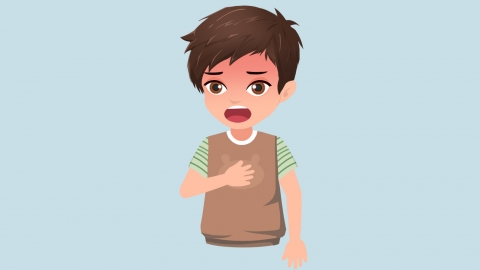Can sedatives relieve shortness of breath?
Sedative medications generally can alleviate shortness of breath caused by neuropsychiatric disorders. However, if the shortness of breath is caused by lung diseases, sedatives are usually ineffective in relieving it. It is recommended to seek timely medical attention and identify the underlying cause under the guidance of a qualified physician before initiating treatment.

Neuropsychiatric disorders such as anxiety disorder and hysteria may cause shortness of breath. Sedative medications, such as diazepam tablets, alprazolam tablets, tandospirone citrate tablets, have anti-anxiety effects and can reduce anxiety symptoms, thereby relieving shortness of breath caused by these conditions. In some cases, such as respiratory depression caused by analgesic use, sedative medications can relieve pain by inhibiting the central nervous system, thus reducing its impact on respiration. Patients should take medications as directed by a physician.
If shortness of breath is caused by direct pulmonary issues such as chronic obstructive pulmonary disease (COPD), pneumonia, or pulmonary edema, the sole use of sedative medications usually cannot address the underlying problem and may even worsen the shortness of breath by suppressing the central nervous system. In such situations, treatment should target the primary disease, for example, using bronchodilators, antibiotics, or diuretics. Prior to medication use, a professional physician must evaluate the patient's specific condition and guide the treatment accordingly.
Patients should maintain a healthy lifestyle, avoid smoking, and stay away from other respiratory irritants to promote respiratory health.










